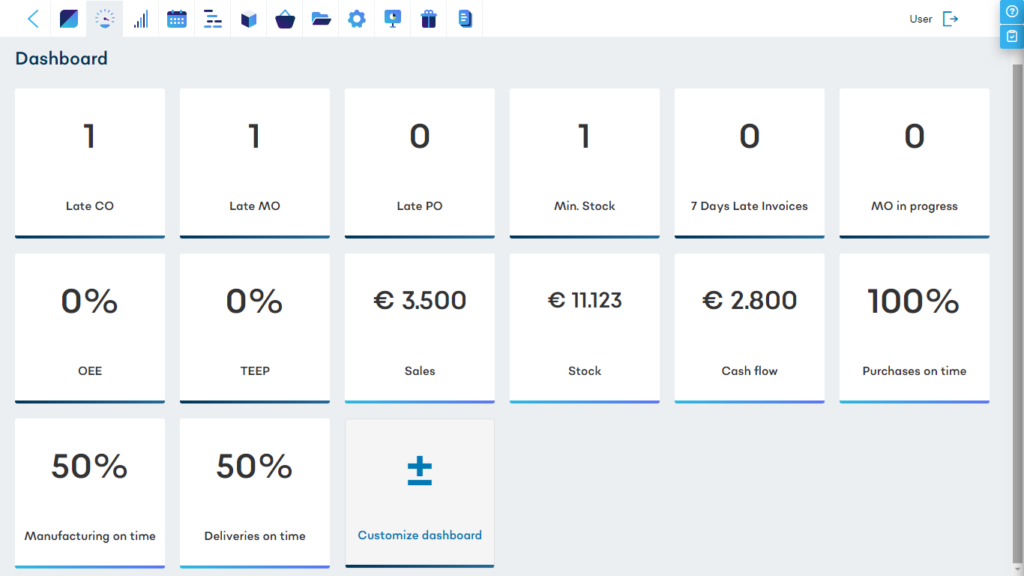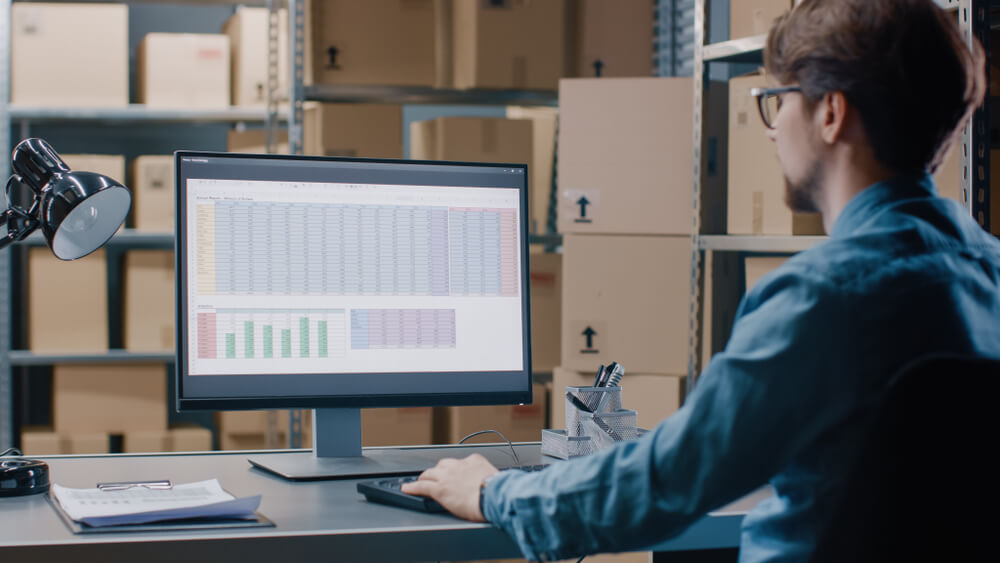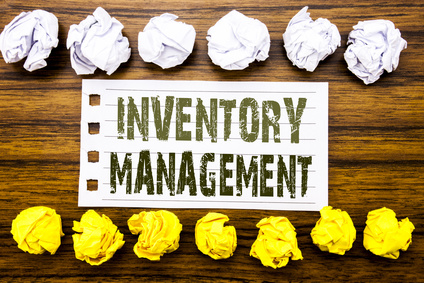How Manufacturing ERP Improves Quality in the Workplace
Quality is the critical ingredient of sales growth in every manufacturing business. Without a high-quality product on which to base your company’s reputation, you will likely fall behind your competitors. With it, you could gain a substantial competitive advantage.

You can also listen to this article
Manufacturing enterprise resource planning (ERP) systems can offer quality management tools for enhancing processes and ensuring the delivery of high-quality products at competitive prices. The quality modules in most ERP packages can be customized to allow users to apply quality control functions in a variety of ways.
More manufacturers are now utilizing ERP software for quality assurance management. The software gives managers the advantage of identifying mistakes in the production cycle, which helps to ensure the effectiveness, consistency, and safety of their products.
Whether you are a discrete or process manufacturer, you can give your operation a clear-cut advantage by focusing on quality management with the assistance of an ERP software system. Here’s how it can help you:
Manufacturing ERP solutions can help develop a quality plan
Quality begins with a plan. A manufacturing ERP system is an integral part of developing a quality plan to ensure that all your workers are on the same page from procuring the materials right up to shipping the finished product. Also, ERP systems can reserve inventory, along with documents and samples, which can prevent your company from using non-approved materials.
You can also include other requirements in their plans. They could be product specifications, certificates of conformance, employee IDs, transaction IDs, or any other pertinent details that could be essential to attaining a high-quality level.
Accurate data helps to improve quality
Companies that are struggling to improve the quality of their products typically don’t have the data they need to help them troubleshoot complex production problems. Manufacturing high-quality products consistently is all but impossible without accurate data. Your finished products reveal any quality issues that have come up during the manufacturing process. So, by capturing and coordinating information accurately, even as new data is being added, you will ensure that you’re continually meeting quality and regulatory standards.
Thanks to the advances in ERP systems, collecting sufficient data is no longer a challenge for manufacturers. These manufacturers can put product quality back on track by recognizing what they need to improve in the production process. In other words, when manufacturers have real-time data, it adds a sense of urgency to improving product quality by providing them with insights into how they can offer their customers the highest quality product.
Data quality and collection is a critical area where ERP can be invaluable. By employing the latest technologies, ERP can log data rapidly, saving your organization the time of collecting data from various suppliers, customers, and partners, which allows you to focus on growing your business.
Managing documents is essential for producing quality products
Another critical aspect of product quality is managing your company’s documents. A manufacturing ERP package makes it possible to attach files to projects. For example, a supervisor can attach Word documents, Excel sheets, PDFs, images, and other documents to work orders to provide clarity for product specifications, bills of materials, inventory, recipes, formulas, etc.
Read more about Material Requirements Planning.
Because the accuracy of data plays a vital role in the efficiency of your operations, a system that allows you to manage your documents effectively and maintains data integrity when you transfer information between applications will help you to improve the quality of your products.
ERP ensures standardization
Standardizing materials and procedures are crucial to producing a consistently high-quality product. Many manufacturers bring in raw or partially processed materials from an outside source. You can’t merely trust that everything coming through your doors is of the same quality as what you produce in your workplace.
Your ERP system can automate a series of inspections that allows your managers to create a quality checklist that raw materials must pass before they are approved to be sent to the production area. Everyone on your supply chain should have a standard set of key performance indicators (KPIs), and ERP will track this information and show it on a user-friendly dashboard.
If a problem arises, this data can help you track the origins of the material batch, sort out the quality control issues, and take steps to remove that product from your shelf. One ERP solution working throughout your company will ensure that all departments and locations are meeting the same standards. Standardization will also guarantee that all current and future workers have the correct procedures and formulas to manufacture your products and maintain quality.
ERP helps your company to be compliant
Every industry has quality standards that manufacturers must follow, and many of them must also adhere to strict regulatory requirements. So, quality control and compliance go together. A modern ERP solution is created with compliance in mind. Meeting benchmarks is built into the process, rather than merely being an afterthought. If there are issues, you can count on your ERP system for the information you need to solve them.
Integrated quality results in satisfied customers and improved brand perception
When quality assurance is an integrated, streamlined part of your company’s operations, you will benefit by making higher quality products which will result in happy and loyal customers.
Quality management and customer satisfaction are fundamentally linked. Companies that use adequate operational controls during production are likely going to meet or exceed their customers’ expectations. ERP solutions are the keys to managing quality assurance at all points in the supply chain.
Starting with the initial development of a product and right on through to shipment, ERP collects data from multiple sources and provides you with real-time information about every element of supply chain management to help you end up with the best quality product possible. And optimizing your supply chain and ensuring that your products are manufactured to the highest quality improves your brand perception. More customers are likely to recommend your products and services and do business with you again in the future.
Find the best solution for your business from our list of the Top Six Manufacturing ERP Systems for Small Manufacturers.




